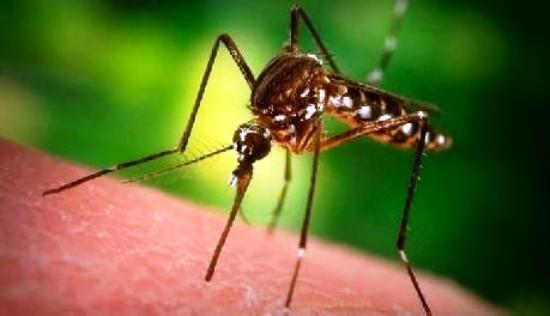Nurse Treats Man In Vegetative State With The Power Of The RMB
Posted: 01/8/2015 10:49 amMoney does talk, and in this case with a young man who has been in a vegetative state since August 2013, the power of the red RMB 100 bill did more than just talking. It managed to wake the man up after more than 200 days in a coma!
In mid 2014, doctors noticed that Xiao Li had mild reactions to needle pains in his limbs. Xiao Li suddenly fell unconscious following consecutive nights playing video games at an Internet bar in Shenzhen. In mid 2014, doctors noticed that Xiao had begun to have mild reactions to needle pains in his limbs. Then the other day, one nurse, as an experiment, pulled out a RMB 100 note and waved it in front of his eyes. Xiao responded when one medical staff in the room shouted, “The money is yours, if you grab it.”
To everyone’s surprise, the patient raised his hand, still wobbly, but managed to grab the bill after about five minutes, Nandu reported. Since then, his family has been luring him with cash to get him to train his arm muscles.
It’s not conclusive if the 100 yuan note was the sole cause of him waking up, but doctors are happy that finally something worked.
Photos: Nandu; China Mike


























